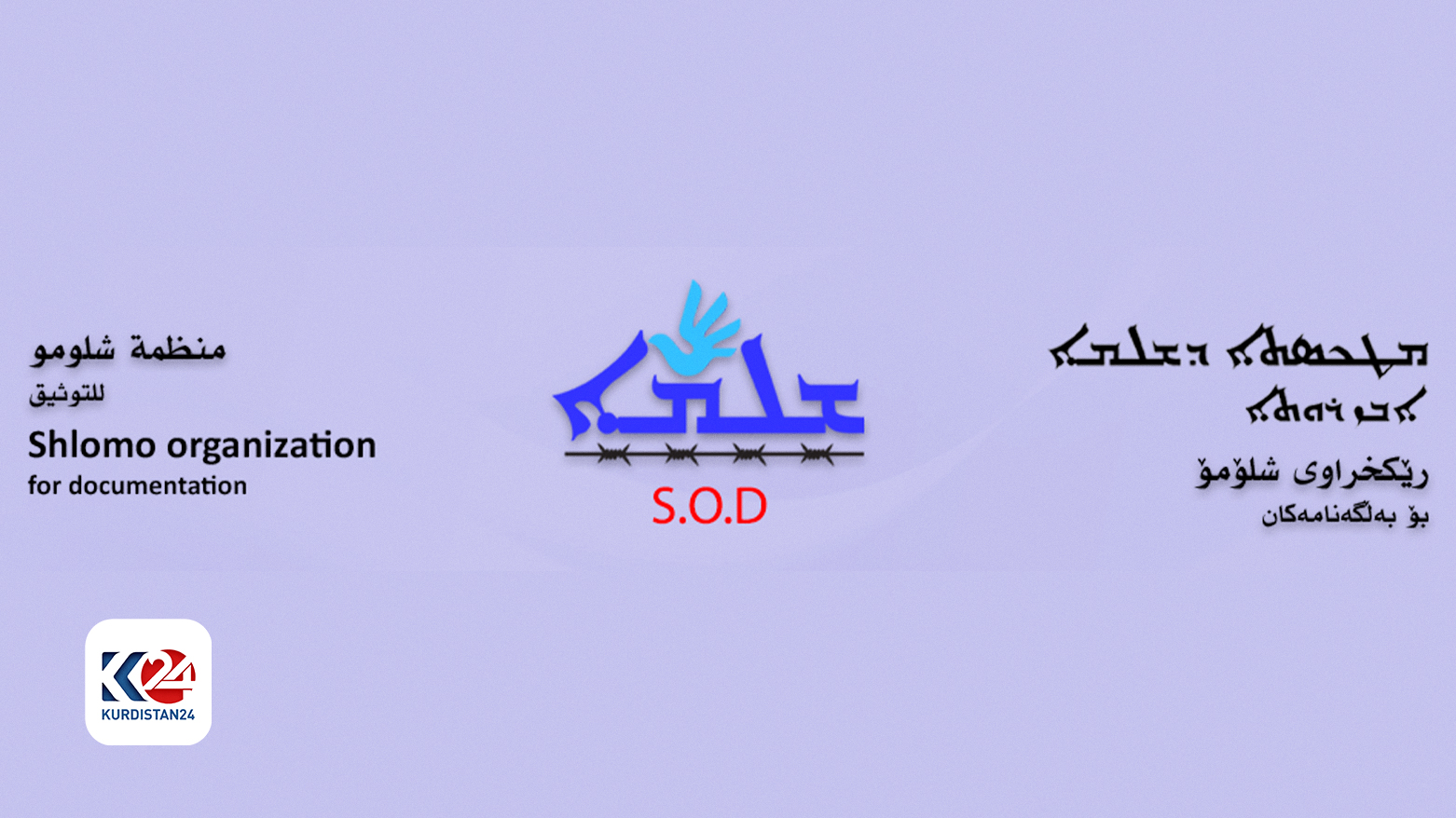Shlomo Organization urges action on 10th anniversary of ISIS genocide against minorities in Nineveh
Shlomo's statement highlights: "This means that Nineveh alone lost more than 75% of its Christians, a plight that extends to the Yezidis as well."

ERBIL (Kurdistan 24) – On the tenth anniversary of the genocide, war crimes, and crimes against humanity committed by the Islamic State of Iraq and Syria (ISIS), the Shlomo Organization for Documentation revealed that more than 75% of Nineveh’s Christians have been affected, a plight that extends to the Yezidis as well.
The organization stated: "Ten years have passed, and the wound remains deep within ethnic, religious, and national minorities. The memory of what happened in Mosul, the Nineveh Plain, and Sinjar is still fresh. On July 11, 2014, ISIS issued a document that has become evidence of their genocidal massacres, especially targeting Christians in Mosul (Chaldeans, Assyrians, Syriacs, and Armenians). They were given three days to convert to Islam, pay tributes, or face beheading."
By July 19, 2014, those who did not convert or leave faced death, and their properties were systematically looted. Before ISIS's takeover, Mosul had over 400,000 Christians, but now, fewer than 100,000 remain, with less than 150 families returning after ISIS's defeat.
Shlomo's statement highlights: "This means that Nineveh alone lost more than 75% of its Christians, a plight that extends to the Yezidis as well."
The Shlomo Organization outlined several solutions to address the plight of affected minorities:
1. Enactment of Protective Laws: Urge the Iraqi Council of Representatives to pass the "Law for the Protection of Religious and Ethnic Minorities and the Administration of Their Regions" within one parliamentary session. Shlomo Organization is ready to assist in this project.
2. Financial Compensation: Allocate a special budget for persecuted religious minorities from the state’s general budget to restore trust and rebuild the multi-ethnic, multi-religious social fabric.
3. Field Surveys for Compensation: Conduct field surveys to document victims' needs, ensuring they receive adequate political, economic, psychological, and social support to encourage their return over a 5-10 year period.
4. Rebuilding Projects: Initiate specific projects to rebuild destroyed areas, returning property rights to rightful owners and preventing demographic changes imposed by extremist groups.
5. Media and NGO Engagement: Use national media, NGOs, religious organizations, and social media to encourage displaced persons to return, provided appropriate conditions are met.
6. Collaborative Efforts: Extend cooperation to any entity working towards achieving this goal, reaffirming the commitment to the land of Mesopotamia and its diverse communities.
The organization stresses that without these actions, it will be evident that the state does not intend to protect and restore its victimized citizens.
Shlomo Organization for Documentation is an independent, non-profit, civil organization that provides services to all citizens without discrimination, and seeks to create a community awareness of the concepts of human rights through the definition of these concepts and the response to all cases of violations through monitoring, documentation and raising awareness of the community.